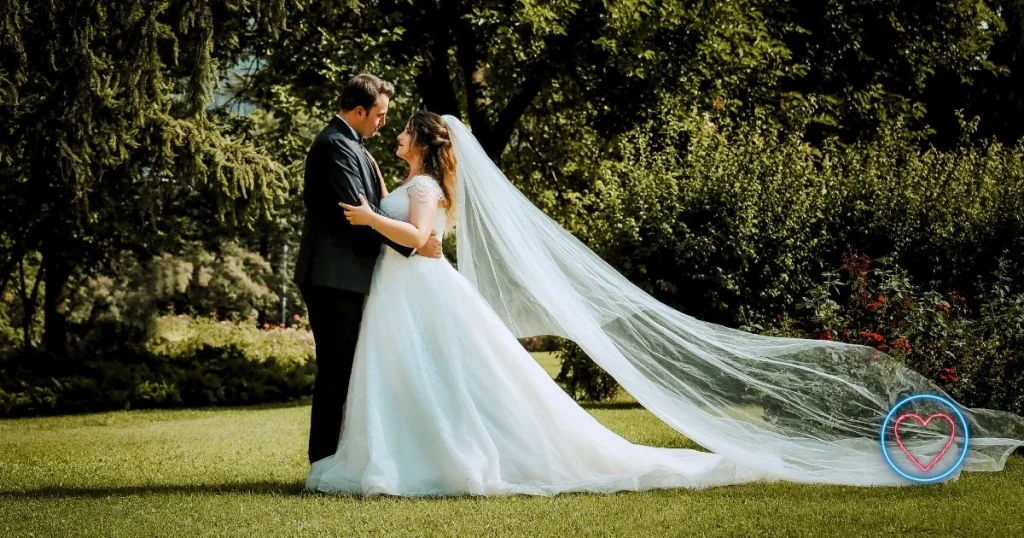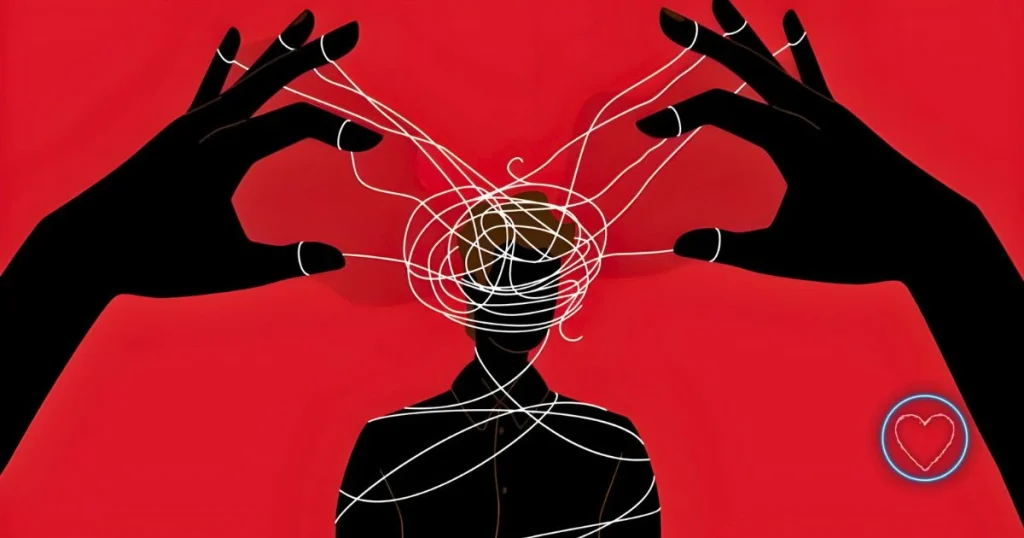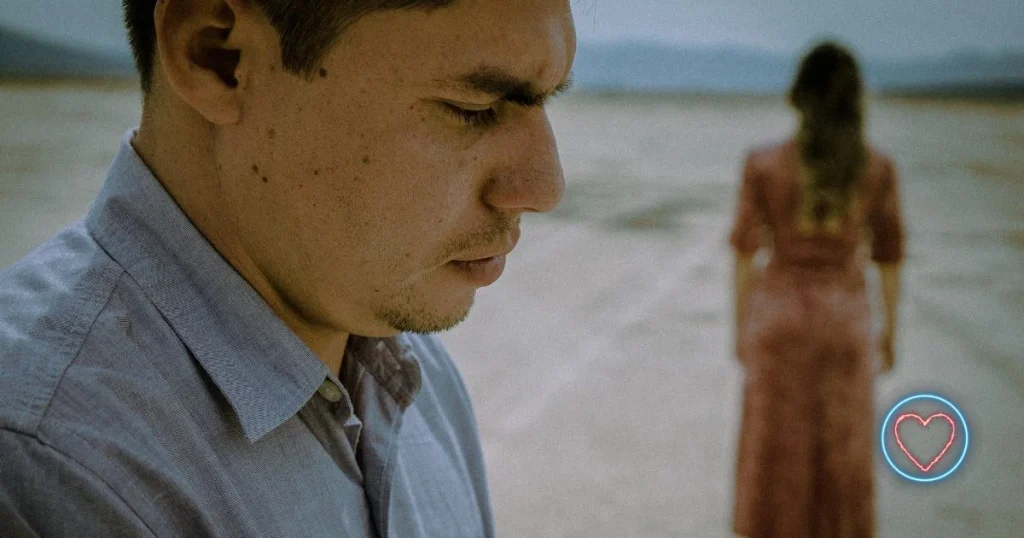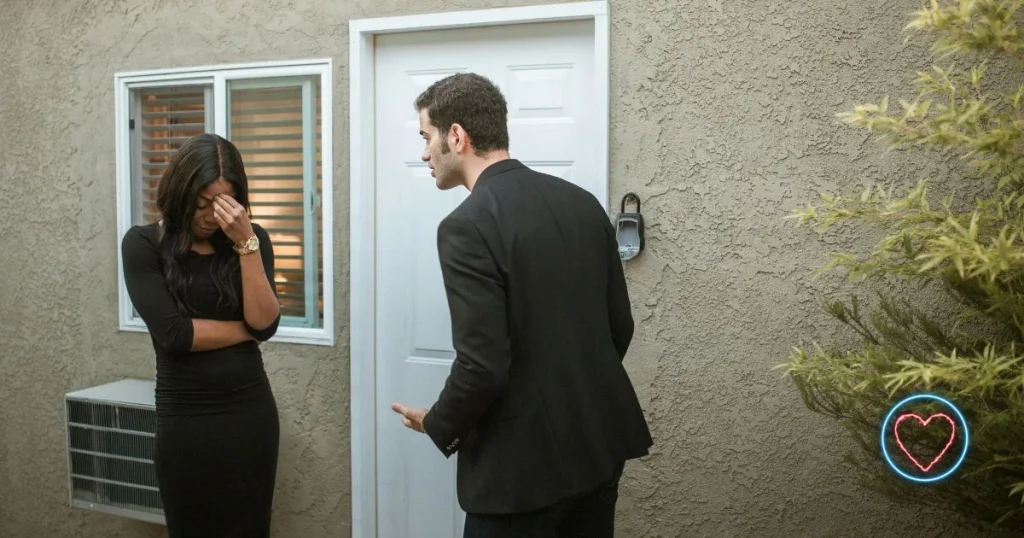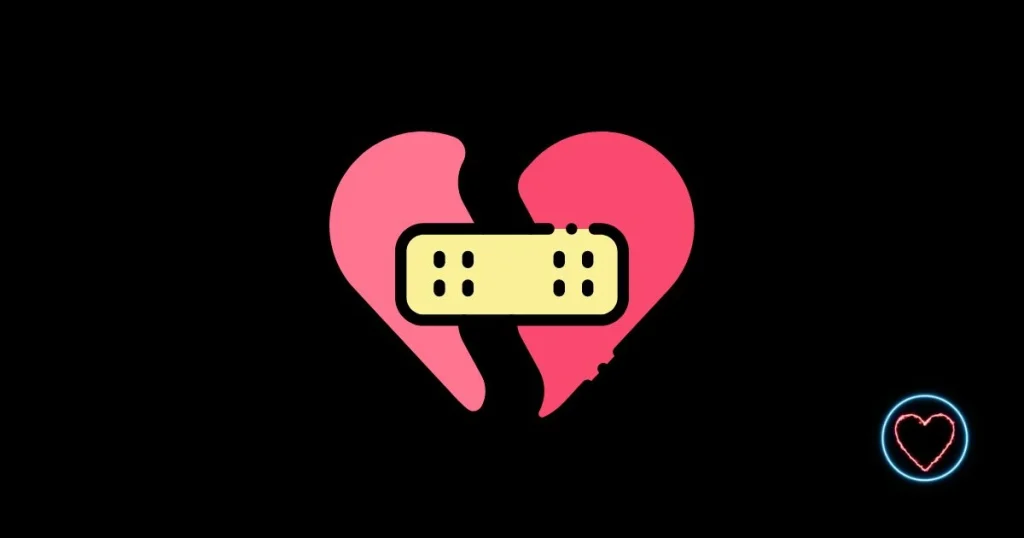Every relationship encounters challenges at some point. Whether it’s disagreements about finances, differences in values, or communication issues, no partnership is without its hurdles. What truly distinguishes a healthy, lasting relationship is not the absence of problems, but how partners respond to and resolve them together.
A partner who is willing to work through problems signals commitment, respect, and a deep desire to build a strong foundation with you. Recognizing these signs can help you understand where your relationship stands and whether you can confidently face obstacles together.
Here are 20 signs your partner is willing to work through problems with you, fostering growth and resilience in your relationship.
1. They Listen Without Interrupting
One of the first signs a partner wants to solve problems is their ability to listen carefully without interrupting. They make space for you to express your thoughts and feelings fully, even when disagreements arise.
Listening attentively shows respect and openness to understanding your perspective, rather than dismissing or invalidating it.
2. They Take Responsibility for Their Actions
A partner willing to work through problems acknowledges their role in conflicts. They don’t deflect blame or play the victim but own their mistakes and apologize sincerely when appropriate.
This accountability creates a safe environment where both partners can be honest without fear of harsh judgment.
3. They Stay Calm During Arguments
Emotional reactions are natural, but partners committed to resolving problems strive to remain calm and composed during disagreements.
Instead of yelling or shutting down, they manage their emotions to keep conversations constructive and focused on solutions.
4. They Seek Solutions Instead of Winning
Some people approach conflicts like battles they must win, but your partner’s priority is finding compromises or solutions that benefit both of you.
They focus on collaboration rather than competition, valuing the health of the relationship over ego.
5. They Communicate Openly and Honestly
Transparency is crucial for problem-solving. Your partner shares their thoughts and feelings openly, even when it’s uncomfortable, and encourages you to do the same.
Open communication helps uncover underlying issues rather than letting resentment build silently.
6. They Make Time to Talk Things Through
When problems arise, your partner prioritizes setting aside time to discuss them thoroughly. They don’t avoid or ignore issues but proactively address them.
This commitment shows that your relationship and its challenges are important to them.
7. They Are Willing to Compromise
Resolving conflicts often requires flexibility. Your partner demonstrates a willingness to meet you halfway or adjust their expectations to find middle ground.
Compromise reflects respect for your needs and a desire for mutual satisfaction.
8. They Don’t Hold Grudges
After discussing and resolving issues, your partner lets go of resentment instead of bringing up past mistakes repeatedly.
Forgiveness and moving forward show emotional maturity and commitment to healing rather than harboring bitterness.
9. They Ask Questions to Understand
Rather than assuming or jumping to conclusions, your partner asks thoughtful questions to clarify your feelings and viewpoints.
This curiosity signals they care about truly understanding you, not just defending their position.
10. They Express Empathy and Compassion
During conflicts, a partner willing to work through problems shows empathy by validating your emotions and trying to see things from your perspective.
This emotional connection helps diffuse tension and promotes cooperation.
11. They Take Breaks When Needed, Not Avoidance
Sometimes, intense discussions need a pause to prevent escalation. Your partner recognizes when to take a break to cool down but returns later to continue problem-solving.
This balanced approach prevents avoidance and shows a commitment to resolution.
12. They Reflect on the Problem and Their Behavior
After a conflict, your partner takes time to reflect on what happened, considering how their actions or attitudes contributed to the issue.
Self-reflection fosters personal growth and helps prevent recurring patterns.
13. They Encourage You to Share Your Feelings
Your partner creates a safe space where you feel comfortable expressing your feelings without fear of judgment or dismissal.
Encouragement like this deepens trust and emotional intimacy.
14. They Avoid Personal Attacks and Stay Respectful
Even in heated moments, a partner willing to resolve issues refrains from name-calling, insults, or bringing up unrelated past grievances.
They focus on the issue at hand respectfully, which maintains dignity and keeps discussions productive.
15. They Are Patient and Give You Time
Working through problems takes time, and your partner understands that solutions may not come instantly.
They show patience with your process and their own, recognizing that healing and growth are gradual.
16. They Show Consistent Effort Over Time
One-time apologies or temporary changes don’t reflect genuine willingness. Your partner demonstrates consistent effort to improve communication, behavior, or circumstances related to recurring issues.
Consistency builds trust that they are genuinely committed to resolving problems.
17. They Include You in Decision-Making
When problems affect your shared life, your partner involves you in making decisions, valuing your input and preferences.
This inclusiveness strengthens the partnership and ensures that solutions reflect both partners’ needs.
18. They Seek Outside Help When Needed
If conflicts become too complex or entrenched, a partner willing to work through problems might suggest counseling or mediation.
This openness to external support shows dedication to preserving and improving the relationship.
19. They Balance Giving and Taking
Problem-solving requires cooperation and fairness. Your partner balances asserting their needs with considering yours, avoiding selfish or one-sided demands.
This equitable approach promotes harmony and mutual respect.
20. They Reaffirm Their Commitment to You
Throughout challenges, your partner reassures you of their love and commitment. They emphasize that you’re in the relationship together and that problems are obstacles you’ll face as a team.
This reassurance helps you feel secure and motivated to keep working through issues.
Why It’s Important to Recognize These Signs
Identifying whether your partner is willing to work through problems helps you gauge the relationship’s health and future potential. Couples who actively resolve conflicts tend to experience:
- Greater trust and intimacy
- Reduced resentment and emotional distance
- Improved communication skills
- Stronger resilience against external stressors
- Longer-lasting, more satisfying partnerships
On the other hand, avoiding or escalating conflicts without resolution can lead to deterioration, dissatisfaction, and eventual separation.
How to Encourage Problem-Solving in Your Relationship
If you want to cultivate a relationship where problems are addressed constructively, consider these steps:
1. Model the Behavior You Want to See
Demonstrate active listening, honesty, empathy, and patience yourself. Your partner is more likely to mirror your approach.
2. Communicate Your Desire to Work Through Issues
Express that you want to resolve conflicts together and value your partner’s input.
3. Practice Regular Check-Ins
Schedule periodic conversations about your relationship to catch problems early before they escalate.
4. Stay Calm and Respectful
Even when upset, strive to maintain respect and avoid inflammatory language.
5. Seek Support If Needed
Consider couples therapy or coaching if conflicts become overwhelming.
Conclusion
A partner’s willingness to work through problems is one of the most vital indicators of a healthy and lasting relationship. The 20 signs outlined here—from active listening and accountability to empathy and patience—reflect deep commitment and emotional maturity.
When both partners actively engage in problem-solving, they create a partnership built on trust, respect, and love, equipped to handle life’s inevitable challenges. Recognizing these signs can reassure you of your relationship’s strength or guide you in fostering better communication and resolution skills.
Remember, no relationship is perfect, but with mutual effort and dedication, challenges can become opportunities for growth and deeper connection.


